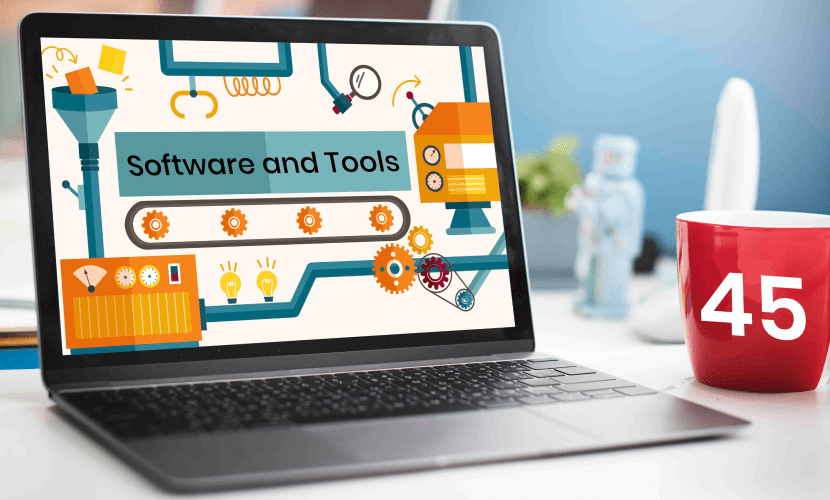Introduction
Realtime Data Processing (RDP) is a fast-growing technology that is poised to revolutionize how businesses operate. Rdp can be used for business intelligence, predictive analytics, and real-time decision making. Its applications are wide ranging and include financial services, insurance and healthcare. RDP combines the power of on-demand data processing with an elastic cloud infrastructure.
Realtime Data Processing is a fast-growing technology that is poised to revolutionize how businesses operate.
Realtime Data Processing (RDP) is a fast-growing technology that is poised to revolutionize how businesses operate. RDP is based on big data and analytics, which helps companies make better decisions in real time by analyzing data quickly.
RDP can be used for business intelligence, predictive analytics, or real-time decision making.
Rdp can be used for business intelligence, predictive analytics, and real-time decision making.
Realtime data processing (RDP) is a technology that allows companies to process and analyze large amounts of data in near real-time. This can be used for business intelligence, predictive analytics, and real-time decision making.
RDP tools help users make sense of large volumes of unstructured information by enabling them to interact with it through visualizations or dashboards that provide insights into their business processes. The technology has been applied across many industries such as retailing; financial services; healthcare; energy management; manufacturing etc., where there is a need for better performance from existing systems while minimizing costs associated with IT operations
Its applications are wide ranging and include financial services, insurance and healthcare.
Real-time data processing is a technology that is used in business intelligence, predictive analytics and real-time decision making. It can also be used for fraud detection, risk management and customer service. The following are some examples of its applications:
- Financial services – Real time data processing enables financial institutions to increase operational efficiency by automating manual tasks such as loan origination or account opening processes. It also helps them improve customer experience by providing instant access to information about their accounts 24/7 via mobile devices such as smartphones or tablets.
- Insurance – This type of technology allows insurers to offer better protection against unforeseen risks by allowing them access information on policyholders’ health status at any given time without having to wait until an annual review takes place before granting a claim settlement from the insurer’s side (e., when all relevant medical records have been collected). In addition, this kind of solution reduces costs associated with managing large amounts of paperwork generated during claims management activities since every step done manually requires human intervention which increases overhead costs significantly over time especially when volume increases exponentially due high volumes associated with claims management functions performed daily across different regions globally.”
RDP combines the power of on-demand data processing with an elastic cloud infrastructure.
In the past, businesses had to purchase and install their own hardware and software to do data processing on their own. This approach was time-consuming, expensive, and often unreliable. Today’s IT departments are stretched thin trying to keep up with demand for new applications and services while maintaining existing infrastructure.
In addition to being costly in terms of money spent up front on hardware and software licenses, this method also required extensive expertise in programming languages like Java or Python–and even then there were no guarantees that your code would run smoothly every time you wanted it to!
RDP combines the power of on-demand data processing with an elastic cloud infrastructure so that anyone can access the latest technologies without having any technical knowledge at all!
Real time data processing is poised to change how businesses operate by giving them access to information in real time.
Real time data processing (RDP) is a method of collecting and analyzing large amounts of data as it’s being generated. This differs from legacy architectures that use batch processing, where the data is collected and then analyzed later. Real time data processing allows organizations to make better decisions faster, because they have access to information at the moment when it happens.
RDP has many benefits over other types of systems:
- It allows you to make more informed decisions based on up-to-date information
- You can react more quickly if something goes wrong or unexpected events occur
- You’ll be able to identify patterns in your business more easily
Conclusion
Realtime Data Processing is a fast-growing technology that is poised to revolutionize how businesses operate. Rdp can be used for business intelligence, predictive analytics and real-time decision making. Its applications are wide ranging and include financial services, insurance and healthcare. RDP combines the power of on-demand data processing with an elastic cloud infrastructure



